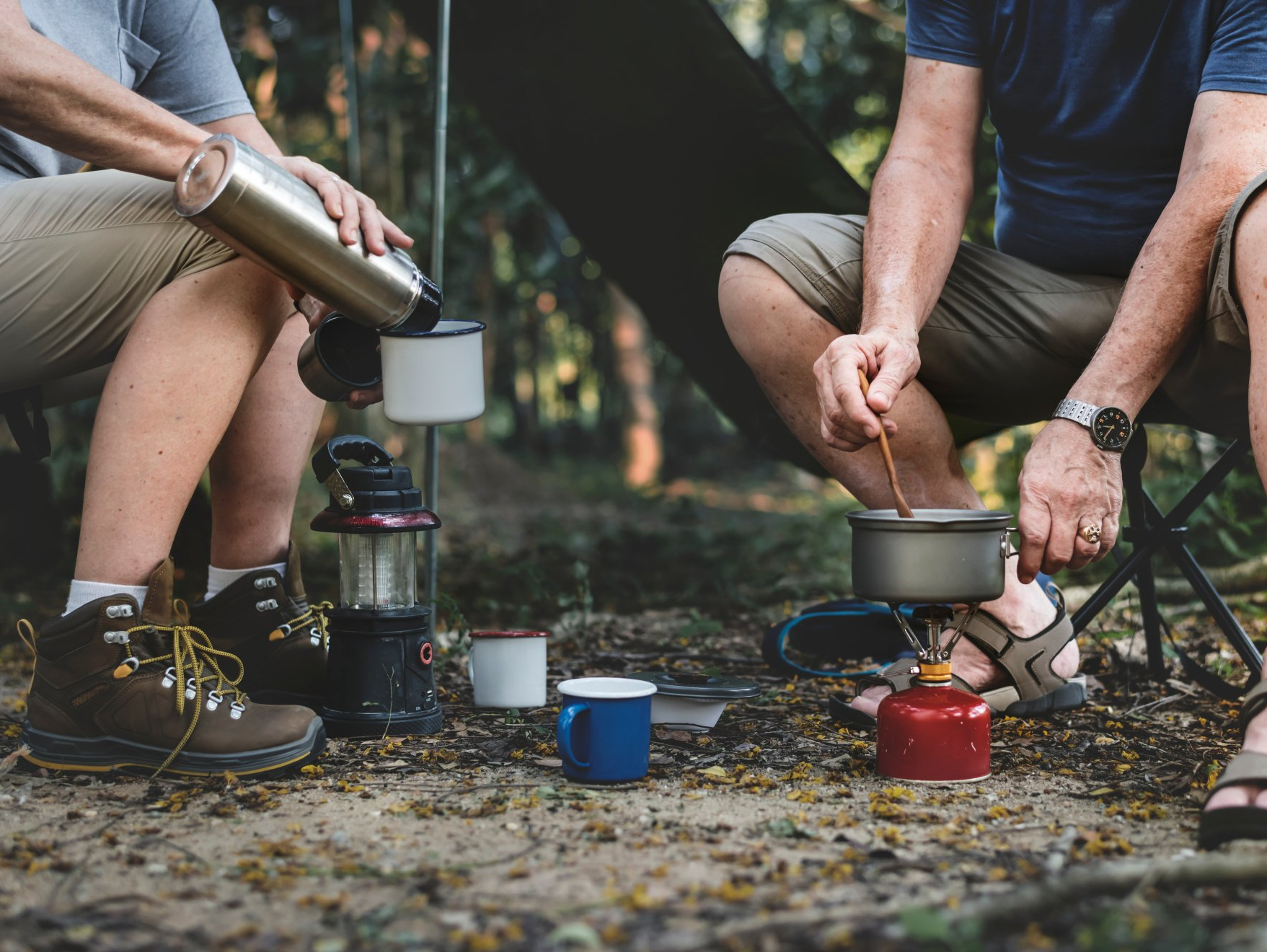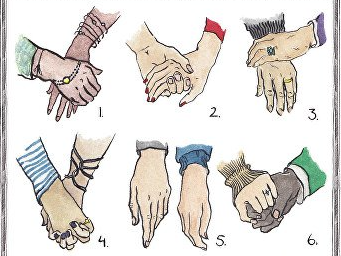Singles – How can people get ready for a relationship?
In my interviews with contented couples I heard from several people who explained that previous relationships had floundered because they had not been ready for a mutual and lasting bond. They needed to grow and develop themselves in order to make a better choice and also, crucially, to bring a more mature self to the table. One interviewee had been determined to approach her next relationship with care and so when she got together with her next partner and they spoke about marriage, she insisted on their going to a marriage preparation course. Her partner was initially against this but then found it so worthwhile he suggested that they sign up to be mentors for the next intake of couples. Another interviewee spoke of taking some years off from relationships to take stock of herself – and used journaling and relationship workshops to support that aim. She described coming to her next relationship (the lasting one she was in) with a different set of expectations – no longer looking for a needy person to care for, no longer needing to have that maternal role which had always worn thin within a few years.
Journaling, workshops and marriage preparation classes are all ways we could get to know ourselves better and this is a key step in loving ourselves better. Journaling has been used across the centuries by people who want to know themselves better and is tool available to anyone: How to start journaling. Treating ourself with loving kindness does not mean excusing whatever we come up with, but, like a good parent, responding with kindness at the same time as holding ourselves to account. This kindness to self allows us to make friends with ourselves and when the war between parts of the self is damped down there will be more integration, less to hide and more self-esteem.
Almost every psychological and spiritual path encourages self-knowledge and self-acceptance, which means there are many places we can turn to find support and accompaniment in that process. Learning to listen honestly to the self is also key and for some discernment we need to learn stillness and the capacity to be with difficult feelings as they arise in us. This capacity to stay close to our experience and observe it equips us to distinguish between developmental and defensive parts of the self. Perhaps a developmental part of me can be curious about things I find difficult – be that managing my temper, keeping up with my share of the domestic jobs, or handling my disappointment about things outside of my control. A defensive part of me is not really interested in owning my behaviour and understanding how, at some level, it serves me. That part thinks it can protect me by excusing me and laying the responsibility elsewhere.
The contented couples in my study all demonstrated the developmental urge to discover more about themselves and their partner. They had lapses of course and they all described how they could get caught in escalating cycles if they responded in a knee-jerk way to triggers. One couple were especially clear about how much they valued this quality of responsibility in each other and cited this as the key quality they felt had enabled them to be fulfilled as a couple. As they put it:
I think both of us are willing to take responsibility for our own stuff. Maybe not at first [laughing] maybe there’s some defensiveness or not wanting to look at stuff at first, but I think ultimately that’s in there – that both of us are willing to see our part in it - that it takes two to tango and it’s not just the other person’s problem.
Contented Couples: Magic, logic or luck?
By Anne Power, published by Confer Books 2022





